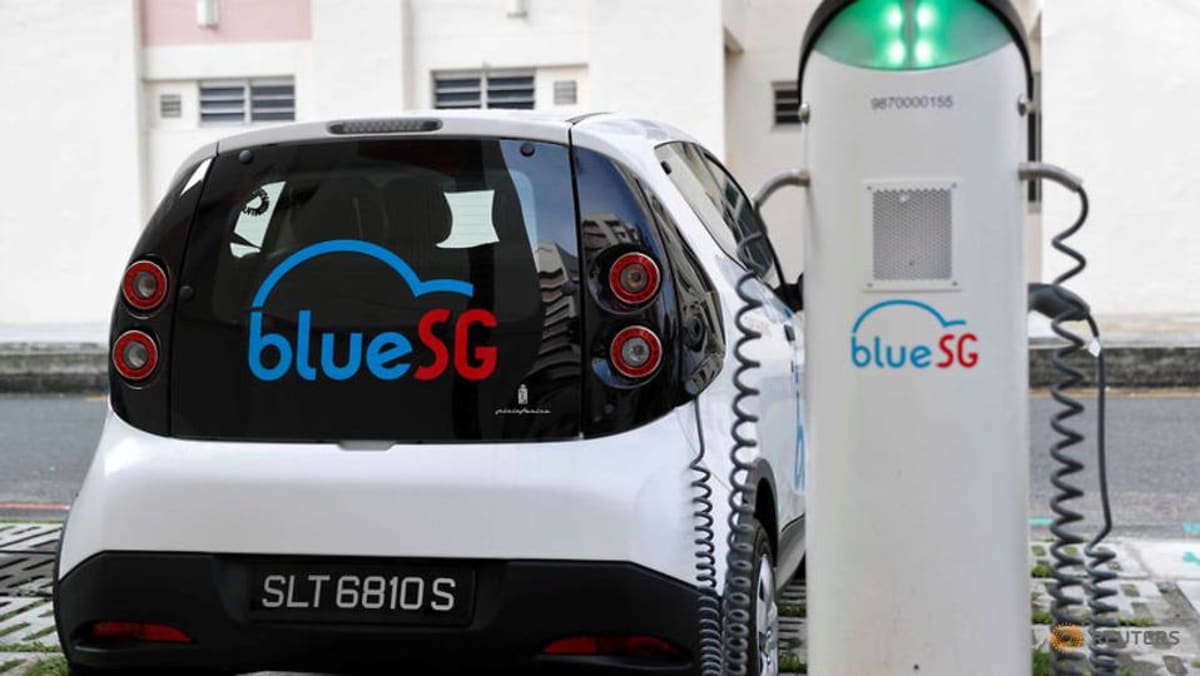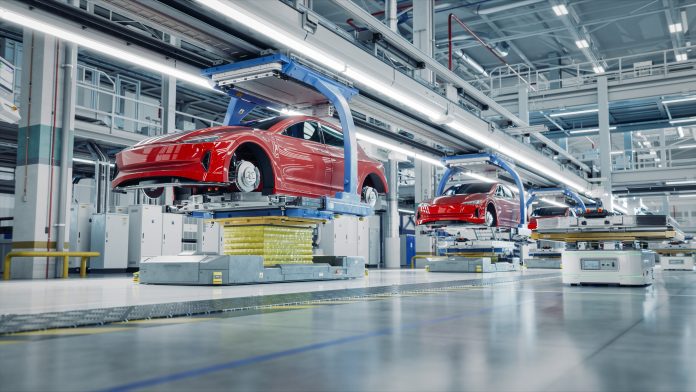S$26,800+ at Stake: Which Car is Smarter for Singaporeans?
Singapore's push to phase out petrol or internal combustion engine (ICE) vehicles by 2030 is gaining momentum.
But beyond environmental benefits, which option makes better financial sense today? Our analysis reveals some unexpected findings.

The Upfront Cost Myth
Contrary to popular belief, electric vehicles can actually cost less upfront than their petrol counterparts in Singapore. This is due to substantial government incentives:
- EEAI rebate: Up to 45% off Additional Registration Fee (ARF) (capped at S$15,000)
- VES rebate: Up to S$25,000 for cleanest emission band
For illustrative purposes: Taking the Tesla Model 3 versus BMW 330i comparison, the EV comes in at S$90,200 before COE, whilst the petrol BMW costs about S$100,000.
Furthermore, with COE prices hovering around S$120,000, the total upfront cost difference is approximately S$10,000 in favour of the EV.
Where EVs Really Shine: Running Costs:
| Category | Petrol Cars | EVs (with Home Charging) |
|---|---|---|
| Fuel Costs |
S$ 0.25 per km |
S$ 0.03 per km (S$ 300 annually) |
| Maintenance Expenses | S$1,500 annually | S$1,000 annually Maintenance: 40-50% less for EVs (no oil changes, fewer moving parts) |
| Battery Replacement | Not applicable | S$10,000 every 8-10 years |
10-Year Ownership Calculation

Source: AA Highway
When we calculate total ownership costs over a decade:
- EV (Tesla Model 3): S$233,200 (includes battery replacement)
- Petrol car (BMW 330i): S$260,000
- Potential savings: S$26,800
Besides that, these savings assume home charging. Public charging reduces savings to about S$20,800, which is still substantial.
Practical Considerations for Singapore Residents:
- Charging Infrastructure:
- Rapid expansion across Singapore.
- Over 7,100 charging points installed as of mid-2024.
- Plans for 60,000 charging points by 2030.
- Home Charging:
- Most cost-effective option for apartment dwellers with access.
- Road Tax for EVs:
- Generally higher based on power output.
- Example: An MG4 electric car might incur S$1,500 annually.
- Comparison: S$742 for a Toyota Corolla.
What This Means for Your Next Vehicle Purchase
If you're planning to buy a car in Singapore soon, it's worth considering these financial implications. The initial cost difference is minimal, and the long-term savings are significant.
Additionally, government incentives make 2024-2025 a particularly favourable time to make the switch.
For personalised advice, we recommend:
- Consulting car dealers for model-specific quotes
- Speaking with financial advisors about loan options
- Checking Sgcarmart for comparative pricing
Let us know what you think about this topic, and what do you want to hear next.
You can now be our community contributor and make a pitch to have your favourite personality be on our show.
Join our community group and drop us your insights on this topic.

-3.png?width=50&name=Square%20(2)-3.png)








Let us know what you think of this post